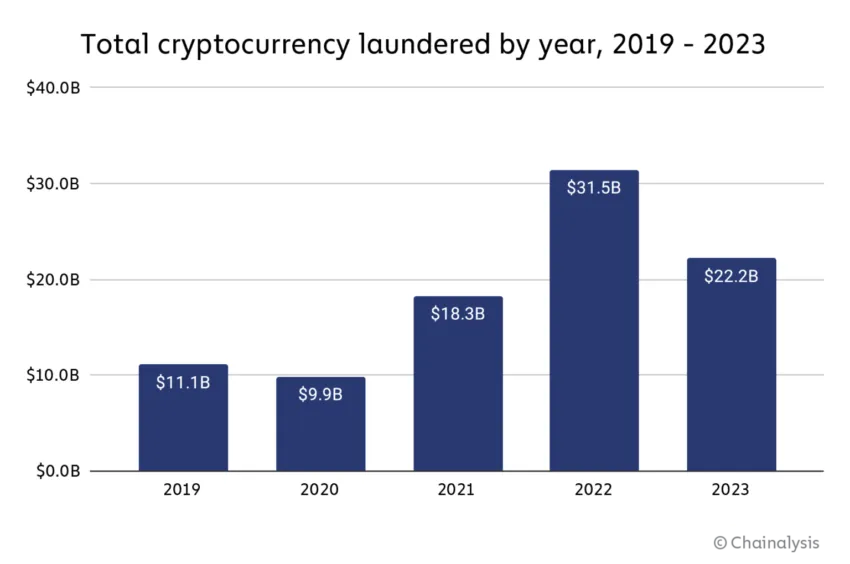US Treasury Probes $165 Million in Crypto for Terrorism Finance
The US Treasury Department is reportedly investigating $165 million in crypto transactions potentially linked to Hamas, particularly before its October 7, 2023 attack against Israel.
This inquiry shines a spotlight on the role of crypto in global finance and terrorism financing.
Is Hamas Using Crypto to Finance Its Terrorism?
According to the Wall Street Journal (WSJ), the investigation, rooted in a report to Congress, reveals that the Treasury’s Financial Crimes Enforcement Network (FinCEN) has been analyzing suspicious activity reports. These reports, spanning the past three years from US financial institutions, are believed to involve transactions that may have facilitated the militant group’s activities.
However, FinCEN suggests that the extent of Hamas’s cryptocurrency use might be less significant than initially thought. This indicates that only a fraction of the transactions might have direct links to Hamas. This development follows debates over the role of crypto in funding terrorism.
Read more: 8 Best On-Chain Analysis Tools in 2024

In the midst of the Israel-Hamas conflict in October 2023, claims emerged from data analyzed by blockchain analytics firm Elliptic. WSJ reported that Hamas had received millions in donations through crypto.
Elliptic, however, later clarified that their data had been misinterpreted. In fact, only $21,000 had been donated to Hamas through this medium, with a considerable portion of these funds being frozen by crypto service providers.
Subsequently, in December 2023, Senators Mitt Romney, Mark R. Warner, Mike Rounds, and Jack Reed introduced the Terrorism Financing Prevention Act. The act provides the Treasury Department with the tools necessary to tackle emerging threats from digital assets in terrorism financing.
However, in February 2024, Brian Nelson, the US Department of the Treasury’s Undersecretary for Terrorism and Financial Intelligence, addressed lawmakers. He suggested that the impact of crypto on terrorism financing might have been overstated.
“The numbers noted in the WSJ piece talked about the wallets, but not necessarily the destination. We also assessed that terrorists still prefer to use traditional services rather than digital assets. We dont expect the amount sent to Hamas to be particularly very large,” Nelson clarified.
Read more: Crypto Regulation: What Are the Benefits and Drawbacks?
While acknowledging the potential misuse of digital assets, these clarifications emphasize the ongoing preference of terrorist groups for traditional financial systems.
Disclaimer
In adherence to the Trust Project guidelines, BeInCrypto is committed to unbiased, transparent reporting. This news article aims to provide accurate, timely information. However, readers are advised to verify facts independently and consult with a professional before making any decisions based on this content. Please note that our Terms and Conditions, Privacy Policy, and Disclaimers have been updated.